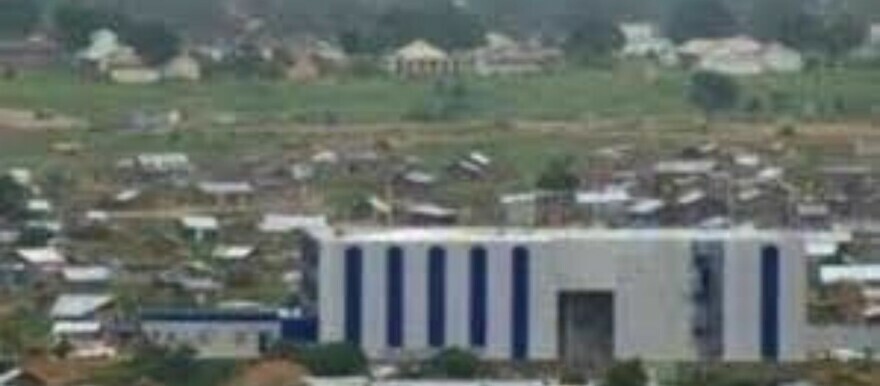The Union of Journalists of South Sudan (UJOSS) on Tuesday evening said two more journalists who work for the state-owned South Sudan Broadcasting Cooperation (SSBC) have been released from the National Security Service’s detention facility.
Oyet Patrick, the UJOSS president, told Radio Tamazuj that Victor Ladu and Mustafa Osman were unconditionally released earlier in the day leaving two journalists, Garang John and Jacob Benjamin, still in detention.
“No condition really like the other three that were released before. You know these people were taken from SSBC, so what happened is that the National Security brought them back to SSBC management,” he explained. “They (NSS) then said that they had taken the journalists because they were being investigated and now they are back. That means they do not have a case to answer.”
The Internal Security Bureau (ISB) of the NSS in January arrested seven SSBC journalists in connection with a video that went viral which shows President Salva Kiir, 71, wetting his trousers at an official function last December.
Six of the journalists were arrested on 3 and 4 January before another SSBC journalist, Garang John, was also taken on the same issue in late January 2023.
Three of the detained journalists were released in February without due process.
Oyet called on the government to release the remaining two journalists or arraign them before a court if they have a case to answer.
“The people who are under detention should be released and if the government believes that they have a case to answer, they should take them to court,” he said.
According to the UJOSS President, the detention of journalists stifles press freedom in South Sudan.
“The continuous detention of journalists does not play well for press freedom. The last time a journalist died in this country was in 2017 when the American Journalist Christopher Allen was killed in Kaya,” Oyet said. “From that time up to now, the situation has been a little bit okay, and even the creation of media authority has helped because we now have somebody to turn to.”
South Sudan’s Constitution prohibits authorities from holding suspects for more than 24 hours without taking them to court.
When reached for comment on the due process for investigation, Tong John, an Advocate in Juba said some suspects can be released without being taken to court depending on the nature of the case a suspect is accused of.
“I believe that from the investigations, it turns out they (journalists) do not have anything to do with whatever happened so it is not a matter of only being taken to court,” he explained. “Sometimes investigation takes longer, especially in such cases like what happened at SSBC.”




